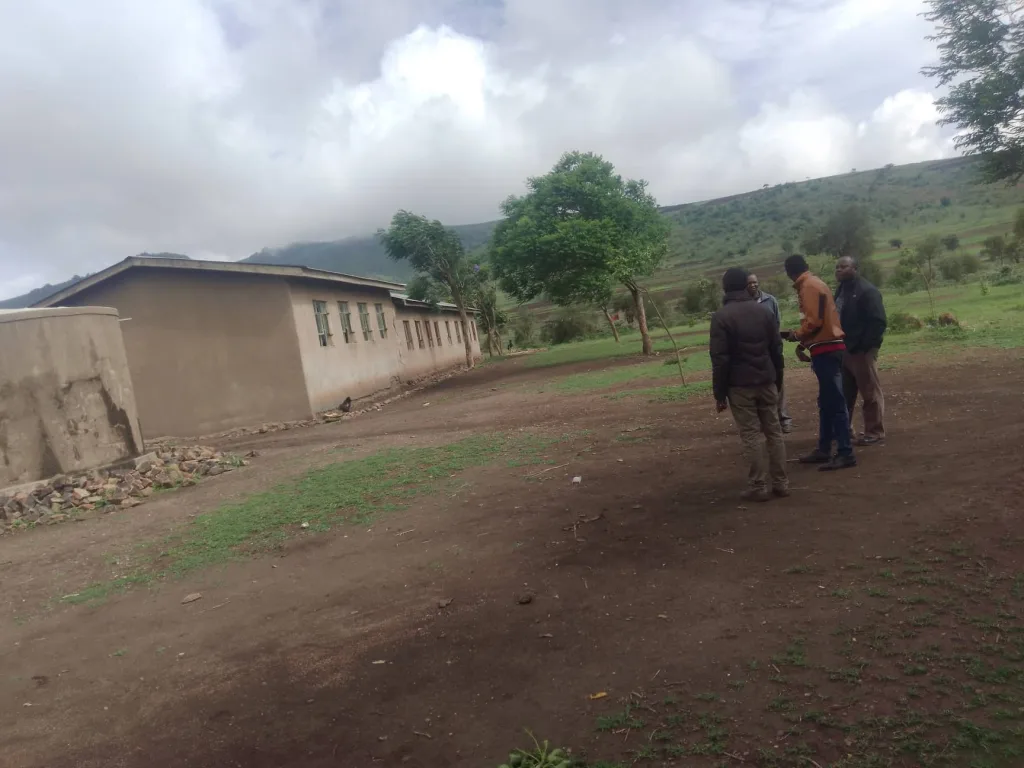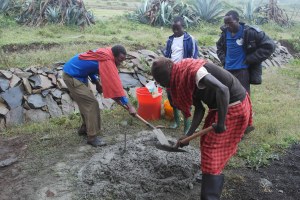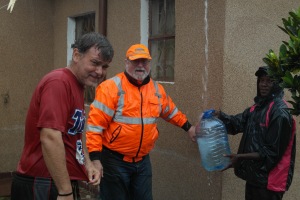Cancer Diagnosis and Treatment
We had planned to be in Tanzania for Christmas. That plan died when my urologist announced that I have prostate cancer. The Cyberknife (focused radiation) treatment was scheduled to be completed before Christmas, but because of a mechanical failure, it was completed on Dec. 27. The treatment was easy; the side effects were devastating.
The two weeks following my treatment, I became very ill. Twyla and I spent New Year’s Eve in the ER. I’ll spare you the details, but I’ve never felt so bad. I was unable to eat solid food for a week, and had to have a Foley catheter. The oncologist was shocked to hear all the difficulties I had. He thinks that my symptoms cascaded, each symptom creating more difficulties. We are thankful that I am now feeling well. I am weak from being sick, but I’m exercising every day to regain my strength. Please pray for continued improvement and good health!
Returning to Tanzania on February 22!
Once the oncologist announced that he doesn’t want to see me for 6 months, we bought tickets for our return flight! I still need to be cleared by the urologist, but since I am feeling better, we felt confident that by mid-February, we would be ready to go. Ticket pricing helped us narrow down the date. Unless the doctor has more concerns, we plan to be in Tanzania on February 24 (it’s a 2-day trip).
We expect to fly from Memphis to Chicago by Southwest on the 21st, then onward from ORD on the 22nd! Again, we ask for your prayers as we plan this trip.
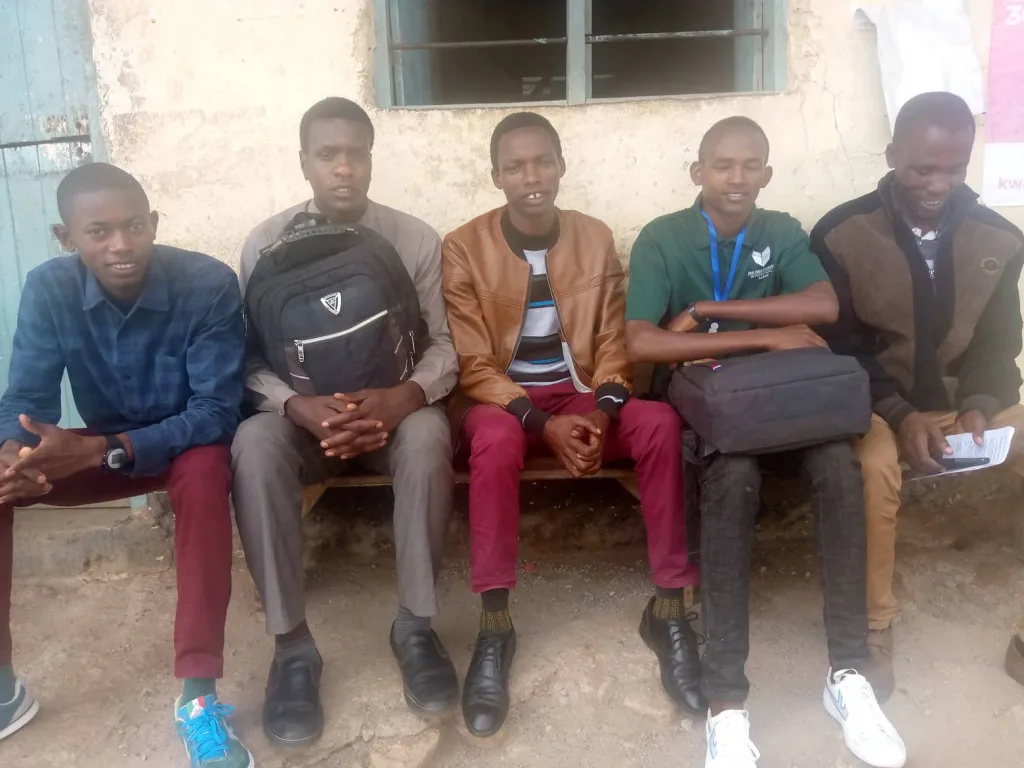
This is the church planting team at Lorkisale. These men have committed to be in this village for 4weeks trying to plant a new Church! This mission is entirely planned by the Monduli Juu Church of Christ!
They are doing door-to-door evangelism from Monday to Friday, and worship on Sunday! After 4 weeks, 3 men will stay to work with the new Church here until next year. The young man in the green shirt (Isaiah) is originally from Lorkisale.
Sadly, Lomayani (2nd from left) was killed in a motorcycle accident on his way home after the Sunday service in Lorkisali. He leaves behind a widowed mother, who had no other support. The church is requesting assistance to care for Lomayani’s mother.
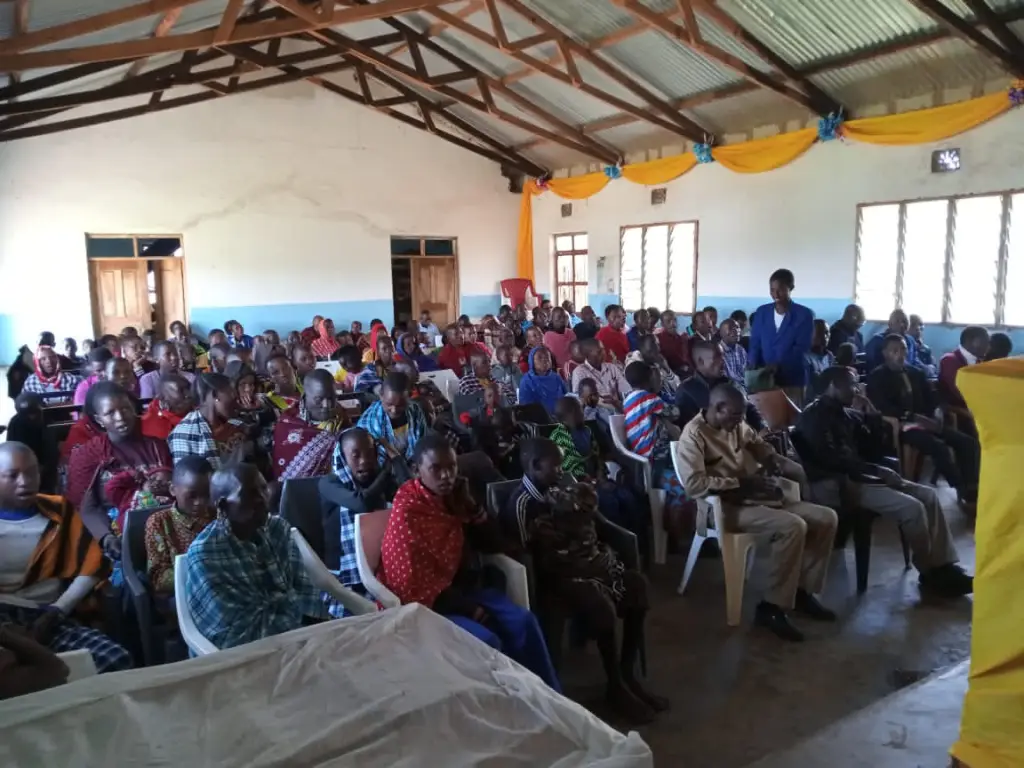
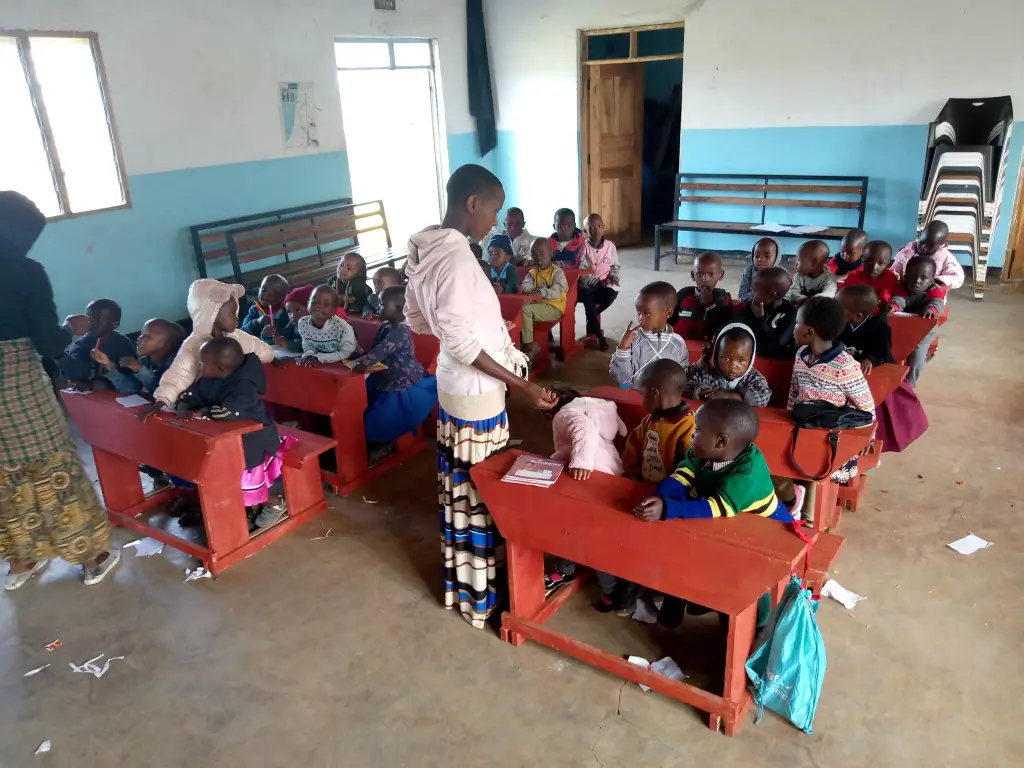
These notes are from Koimere, our preacher in Monduli Juu:
“The MJ church’s four major goals for 2023
- Rain Water projects
- New English medium school (They have already started with the pre-school)
- Start Monduli Juu Bible College
- Plant two new congregations (one church plant already begun in Lorkisali)
“The year is starting so we are going to have some discussions about all Church projects! Will be running for raining water project, English medium school project, Bible School project and planting new Churches project! “We started the Pre-Primary school at the Church already this year! We have some small things we need right now! We need to feed them before they go home. Before we can feed them, we need to build a temporary kitchen, and we need 100 cups! So please try to share this with the brothers and sisters for any help! Already we have 50 children who report to school!”
Two more Rainwater Harvesting Projects! We are ready to begin the 2nd (larger) phase of the rainwater harvesting project at the Irmorijo Primary School, with funding from a Rotary Global Grant. The church leaders are gathering the documents required for the finalization of that grant, and we hope to build this before we return to the States for my oncology follow-up in July.
